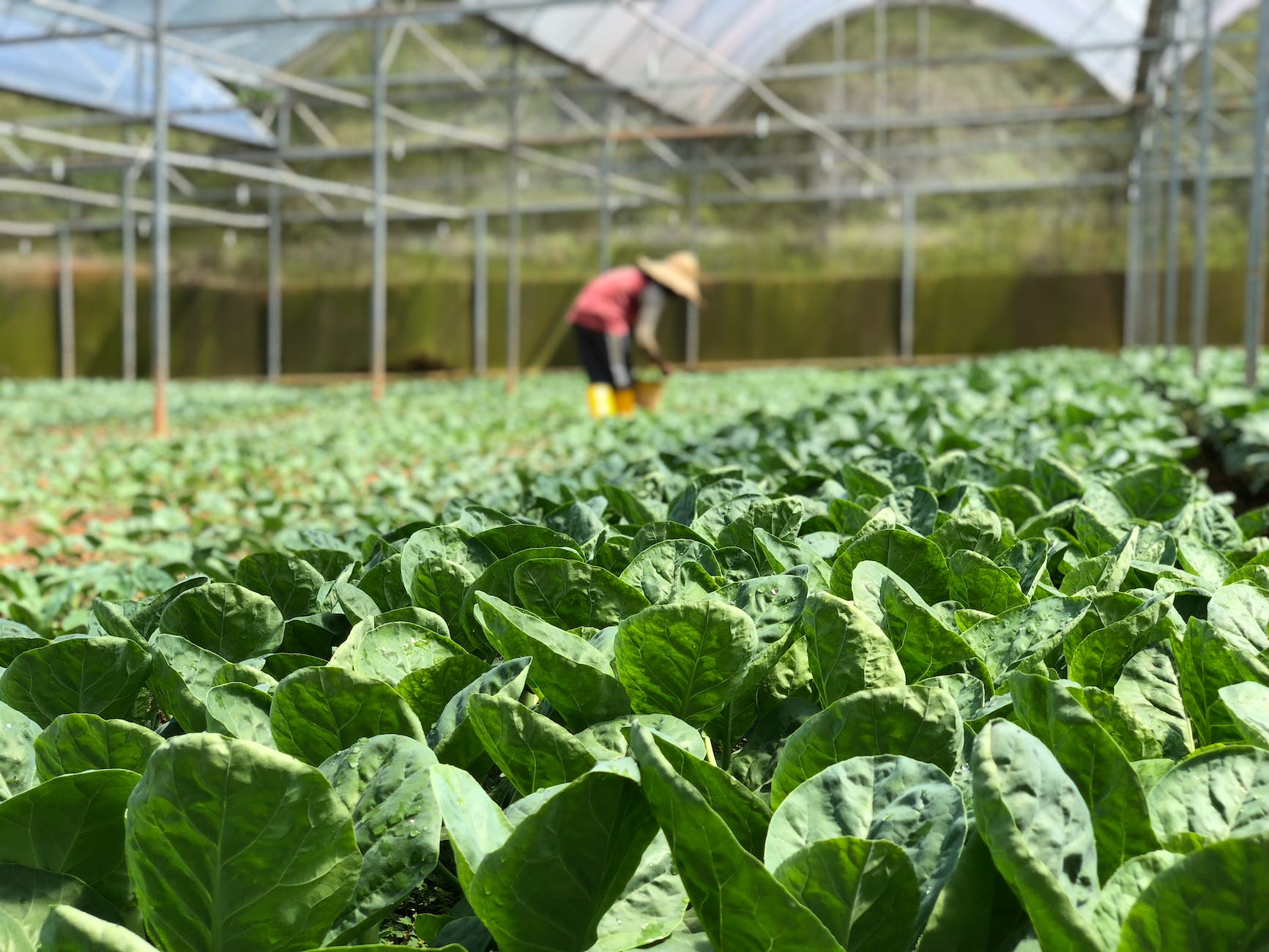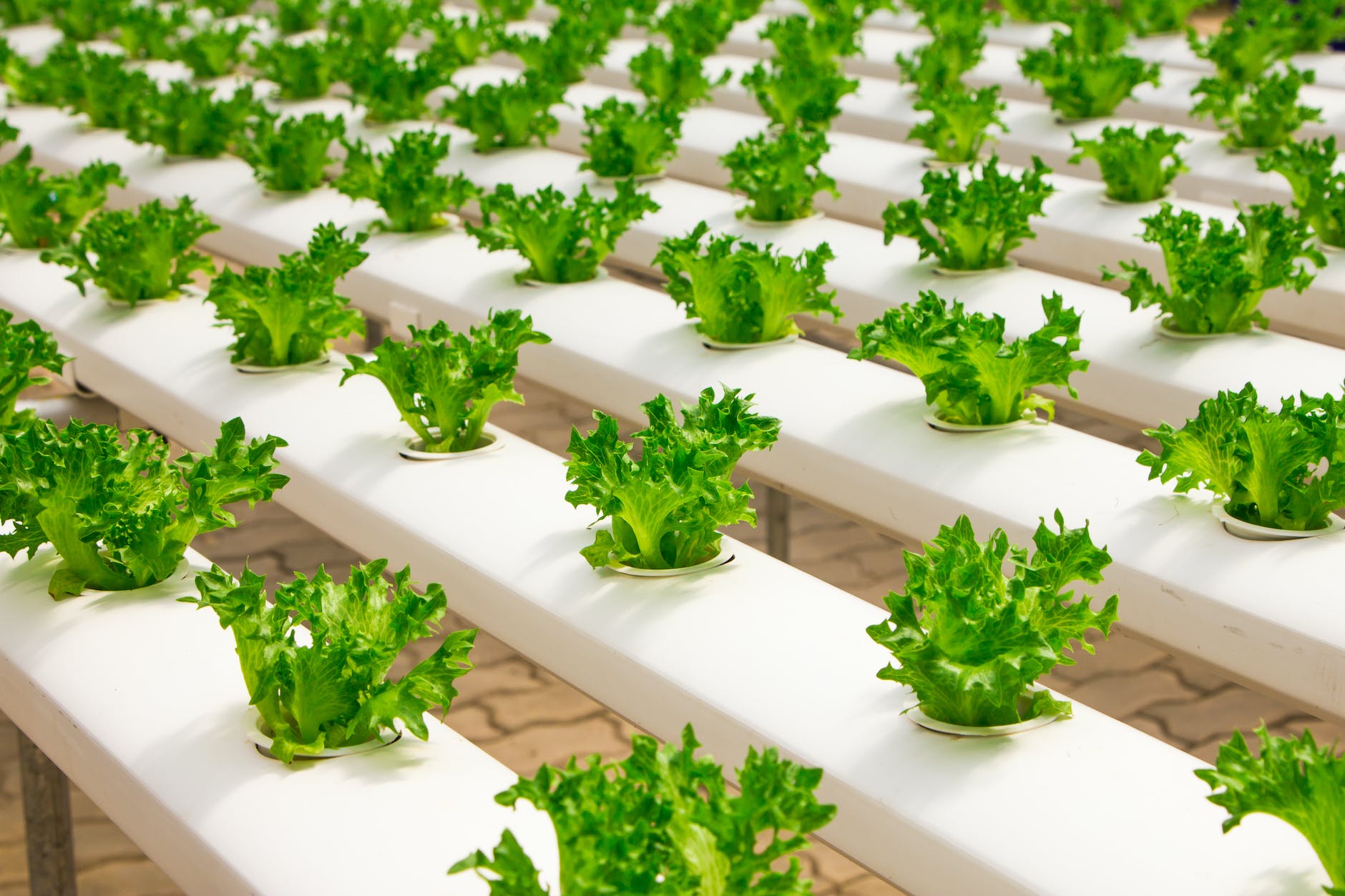Organic farming in Kenya is gaining popularity as farmers recognize the numerous benefits it offers, both for their crops and the environment. Unlike conventional farming methods that rely on synthetic inputs such as fertilizers and pesticides, organic farming in Kenya focuses on natural processes and ecological balance. This article will explore the advantages of organic farming, the practices involved, and the challenges faced by farmers in Kenya. Let’s delve into the world of organic farming and discover how it can revolutionize agricultural practices in the country.
Advantages of Organic Farming in Kenya
1. Improved Soil and Water Quality
One of the primary advantages of organic farming in Kenya is its positive impact on soil and water quality. Synthetic inputs used in conventional farming can degrade the soil over time, making it harder and less fertile. In contrast, organic farming relies on organic matter such as compost and manure to nourish the soil, enhancing its structure, fertility, and water-holding capacity. This leads to healthier and more resilient crops that can withstand drought and other environmental stressors.
2. Higher Crop Quality and Yield
Organic farming practices in Kenya have been shown to enhance the quality and yield of crops. By avoiding the use of synthetic pesticides and fertilizers, organic farmers rely on biological pest control methods and natural nutrient sources. This not only reduces the risk of chemical residues in crops but also promotes the growth of healthier and more nutrient-rich produce. Consumers are increasingly seeking organic products due to their superior taste and nutritional value, providing farmers with a market advantage.
3. Environmental Sustainability
Organic farming in Kenya is an environmentally sustainable approach to agriculture. By avoiding synthetic inputs, organic farmers minimize the release of harmful chemicals into the environment. This helps protect biodiversity, reduce water pollution, and conserve natural resources. Additionally, organic farming promotes the use of renewable resources, such as green manure and biological fertilizers derived from animal waste, contributing to a more sustainable and resilient agricultural system.

4. Healthier Livestock and Food Safety
Organic farming extends beyond crop production and encompasses the rearing of livestock. Organic livestock farming in Kenya focuses on providing animals with natural and organic feeds, free from antibiotics and growth hormones. This results in healthier livestock that produce high-quality milk, meat, and other animal products. Furthermore, organic farming practices reduce the risk of antibiotic resistance in both animals and humans, ensuring food safety and promoting public health.
Organic Farming Practices in Kenya
1. Soil Management
Soil management is a crucial aspect of organic farming in Kenya. Organic farmers prioritize soil health and fertility through practices such as composting, green manure, and crop rotation. Composting involves the decomposition of organic materials, such as kitchen waste and animal manure, to create nutrient-rich compost that can be used as natural fertilizer. Green manure involves planting specific crops, such as legumes, that fix nitrogen in the soil and improve its fertility. Crop rotation is another essential practice that helps prevent nutrient depletion, control pests and diseases, and maintain soil health.
2. Pest and Disease Control
Organic farmers in Kenya employ natural pest and disease control methods to protect their crops. Instead of relying on synthetic pesticides, they utilize biological control agents, such as beneficial insects, birds, and trap crops, to manage pests. Crop diversity and companion planting are also key strategies in organic farming. By intercropping different crops and strategically placing plants with natural pest-repellent properties, farmers can reduce pest pressure and enhance overall crop health.
3. Organic Fertilizers and Nutrient Management
Organic farmers in Kenya avoid synthetic fertilizers and instead use organic fertilizers to nourish their crops. These fertilizers can include compost, animal manure, and plant-based materials. Organic fertilizers not only provide essential nutrients to plants but also contribute to soil health and microbial activity. Additionally, nutrient management in organic farming involves optimizing nutrient availability through proper crop rotation, cover cropping, and the use of organic amendments.
4. Certification and Standards
Certification is an important aspect of organic farming in Kenya. Farmers who wish to sell their products as organic must adhere to strict standards set by certification bodies. These standards cover all aspects of organic production, including crop cultivation, livestock management, processing, and labeling. Certification ensures that consumers can trust the organic claims and guarantees that the products meet the required organic standards.
Challenges Faced by Organic Farmers in Kenya
While organic farming in Kenya offers numerous benefits, it also presents several challenges that farmers must overcome:
1. Limited Access to Land
As the population in Kenya continues to grow, access to good-quality land for organic farming becomes increasingly scarce. Many small-scale farmers are forced to cultivate marginal land, which may not be suitable for organic agriculture. This can pose challenges in terms of soil fertility and productivity.
2. Lack of Knowledge and Skills
Organic farming requires specialized knowledge and skills. Many farmers in Kenya may lack the necessary training and information to successfully implement organic practices. Access to education and training programs focused on organic farming techniques and principles is vital to support farmers in adopting sustainable agricultural practices.
3. Limited Market Access
Organic farmers in Kenya often face challenges in accessing markets for their products. While there is a growing demand for organic produce, the availability of organic markets and distribution channels may be limited. Farmers need support in marketing their organic products and connecting with consumers who value organic and sustainable agriculture.
4. Higher Input Costs
Organic farming can be more cost-intensive compared to conventional farming methods. Organic fertilizers, pest control measures, and certification expenses can contribute to higher input costs for farmers. Access to affordable organic inputs and financial support for certification can help alleviate this challenge and make organic farming more accessible to farmers of all scales.
Conclusion
Organic farming in Kenya offers numerous benefits for farmers, consumers, and the environment. By embracing sustainable practices that prioritize soil health, biodiversity, and natural resource conservation, organic farmers can produce high-quality crops and livestock while safeguarding the long-term viability of agricultural systems. Despite the challenges faced by organic farmers in Kenya, the growing demand for organic products and the support of government and non-governmental organizations provide opportunities for the expansion of organic farming and the promotion of a healthier and more sustainable food system in the country.
Additional Information:
Organic farming is not only a method of cultivation but also a philosophy that encompasses the interconnectedness of agricultural practices, environmental stewardship, and human health. By adopting organic farming practices in Kenya, farmers can contribute to the preservation of the country’s diverse ecosystems, promote sustainable livelihoods, and provide consumers with nutritious and safe food options. The organic farming movement in Kenya is gaining momentum, driven by the increasing awareness of the benefits it offers and the commitment to a more sustainable and resilient agricultural future.










